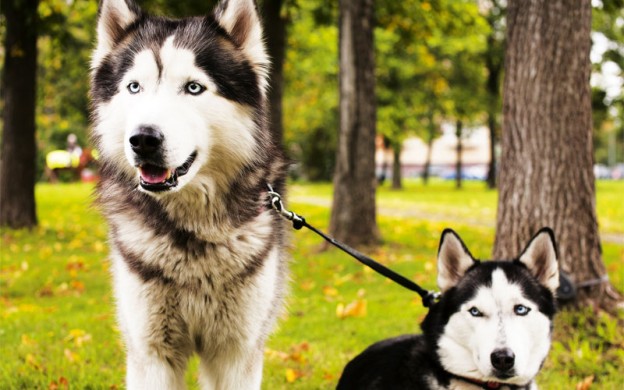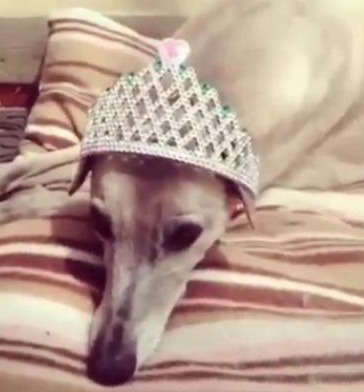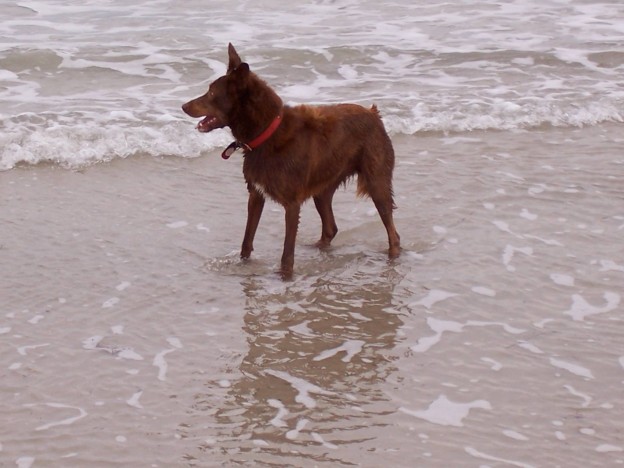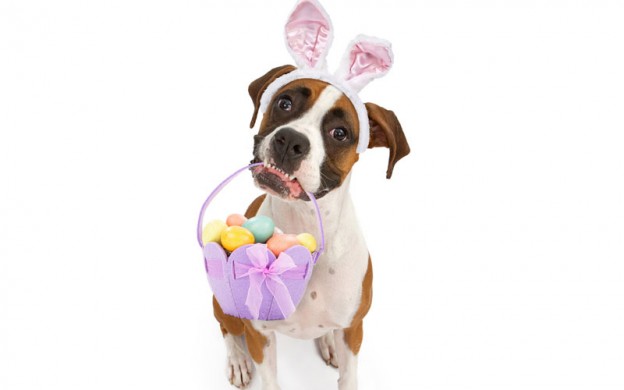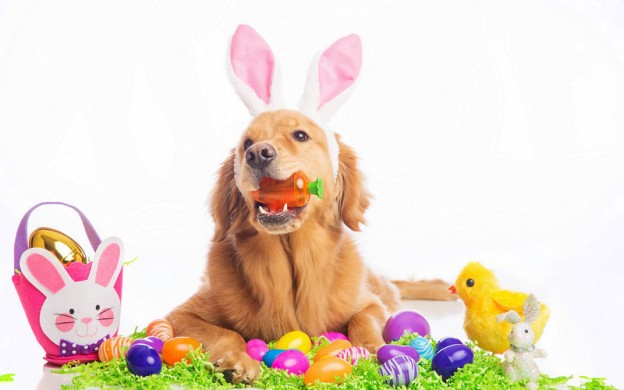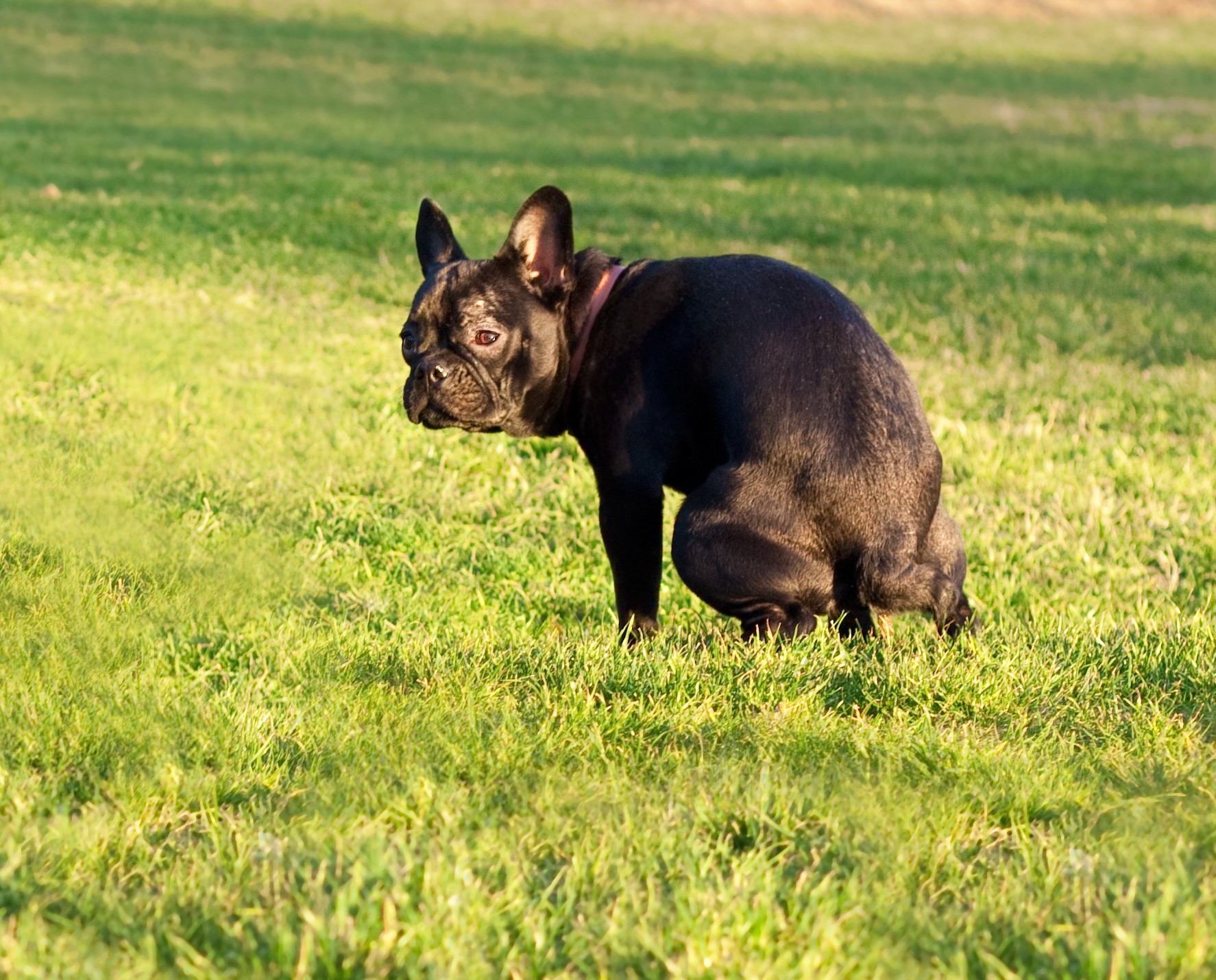
Picking up your dog’s poo may be gross, but getting your hands dirty is the best way to do the environment one very big favour. Tim Falk reports.
If there’s one thing every owner hates about owning a dog, it would have to be cleaning up their nasty little surprises. Tidying up those steaming piles of unpleasantness is undoubtedly a distasteful job, but it’s simply one that has to be done — after all, it’s part and parcel of being a responsible dog owner.
But picking up your dog’s poo is about much more than keeping your backyard or local park clean. In fact, by rolling up your sleeves and disposing of dog waste thoughtfully, you’re lending a helping hand to the environment and the rest of the population.
Although many dog owners aren’t aware of it, the bacteria and pathogens in dog waste (E coli, faecal coliform, salmonella and giardia) pose a serious health hazard to us humans. This has been well documented by scientific studies and the media, such as the sad case of two-year-old Aimee Langdon in the UK, who lost sight in her left eye after coming into contact with dog waste and then contracting a rare infection.
Run-off containing dog poo can also lead to bacteria contamination in our waterways and make beaches unsafe for swimming. There’s also the risk of roundworm, hookworms and tapeworms left behind in the droppings of infected dogs.
The dog poo situation can paint a pretty nasty picture but, thankfully, us Aussies are generally pretty good when it comes to cleaning up after Fido. In fact, 64 per cent of Australians always clean up after their dog, 13 per cent sometimes do and only 15 per cent never do.
Poo power!
There are some 4.2 million pet dogs in Australia, each of which produces a staggering 1.5 tonnes of poo over its lifetime. But with our canine companions churning out so much waste, could there possibly be some way we could make use of dog poo rather than just chucking it into landfill?
This was the question that Duncan Chew set out to answer. “As a dog owner, I am diligent in dealing with dog waste. It wasn’t until I got my second dog, Diesel, when it felt like I was dealing with an exponential amount of poo and it got me thinking about all the dog owners around Australia and the world who are living in a poo-luted planet,” Chew says.
“The actual light bulb moment came was when I was at my local dog park one summer and the bins were already full from sporting events and people having parties. So, dog owners doing the right thing and cleaning up after their dog were left with the problem of how to dispose of the dog poo. It was quite amusing to watch — some did the flick-toss, others balanced it on top with a collection of other dog poo bags and rubbish, and others placed it on the ground next to the bin. Combined with the summer heat, smell and flies, it wasn’t a pretty sight. I felt sorry for the poor council park maintenance that had to empty this hazard.”
The dog poo problem became an interesting challenge for Chew, who was lecturing and researching on environmental sustainability at Victoria’s Swinburne University at the time. Eager to tackle the problem head on, Chew created Poo Power! — a project aimed at using discarded dog waste from urban parks as a local renewable energy source.
Through Poo Power! Chew seeked to construct a biogas energy generator in Melbourne to process dog waste and create biogas, which could then be used as a renewable energy source.
“A Poo Power! biogas generator was designed at the end of 2013 showcasing how the renewable energy produced from dog poo and other organic wastes can be used; for example, for ambient lighting in dog parks in the early morning and evening periods,” Chew says.
“Dog poo, like other biodegradable waste such as food, green waste and paper, releases methane when it decomposes. Anaerobic digestion is the process that composts this waste to produce biogas that can be used as a renewable source of energy. A biogas generator is the system we use to control and accelerate this natural process.”
A proof of concept and a prototype biogas generator was built. However, after the 2013 federal election, there was a dramatic shift for people working on environmental or renewable energy projects. “As a community-based project, it become quite difficult to continue but we look forward to relaunching in better times,” Chew says.
However, Chew has initiated an education campaign to raise awareness of the issues associated with dog waste, and you can find a whole host of resources and information at poopower.com.au, such as how to compost your dog’s poo.
What you can do
While Poo Power! promotes the idea that something we would normally throw away can be useful, Chew says the best thing dog owners can do is support each other in improving the cleanliness of our parks and streets.
“If you’re out walking the dog and see someone who doesn’t clean up after them, offer them one of your dog poo bags as a gentle reminder to do the right thing,” he says.
“Until Poo Power! becomes commonplace and if you’re not comfortable sending dog poo to landfill, the best way is to compost it.” Doing so requires a separate composting system and takes time, but there’s some advice on the Poo Power! website.
“There’s plenty of poo-tential for people to start their own awareness campaign in their neighbourhood and when and where, possible I have supported some of these,” Chew says.
“Remember, every poo counts, big and small.”
Doggy dangers
Cleaning up after your dog has environmental benefits as well as personal health benefits, says Duncan Chew. “Dog waste is an environmental issue (particularly for the water, agriculture and fishing industries) as it contains nitrogen and phosphorus, which promote excessive algae growth in waterways known as eutrophication. This limits the light available to aquatic vegetation, increases water temperatures and depletes oxygen, causing the death of fish and other aquatic organisms. Dog waste can also damage turf and other vegetation, and adversely impact sensitive habitat areas.”



